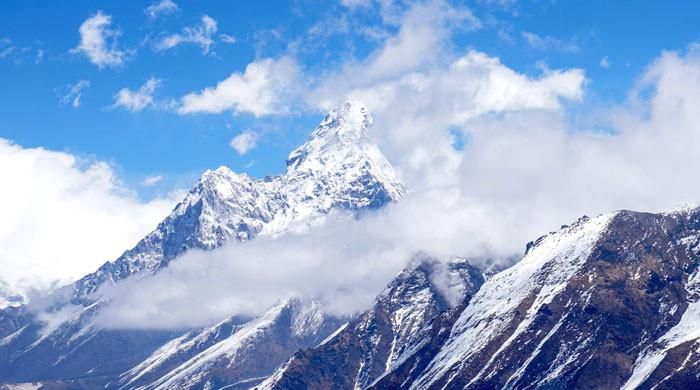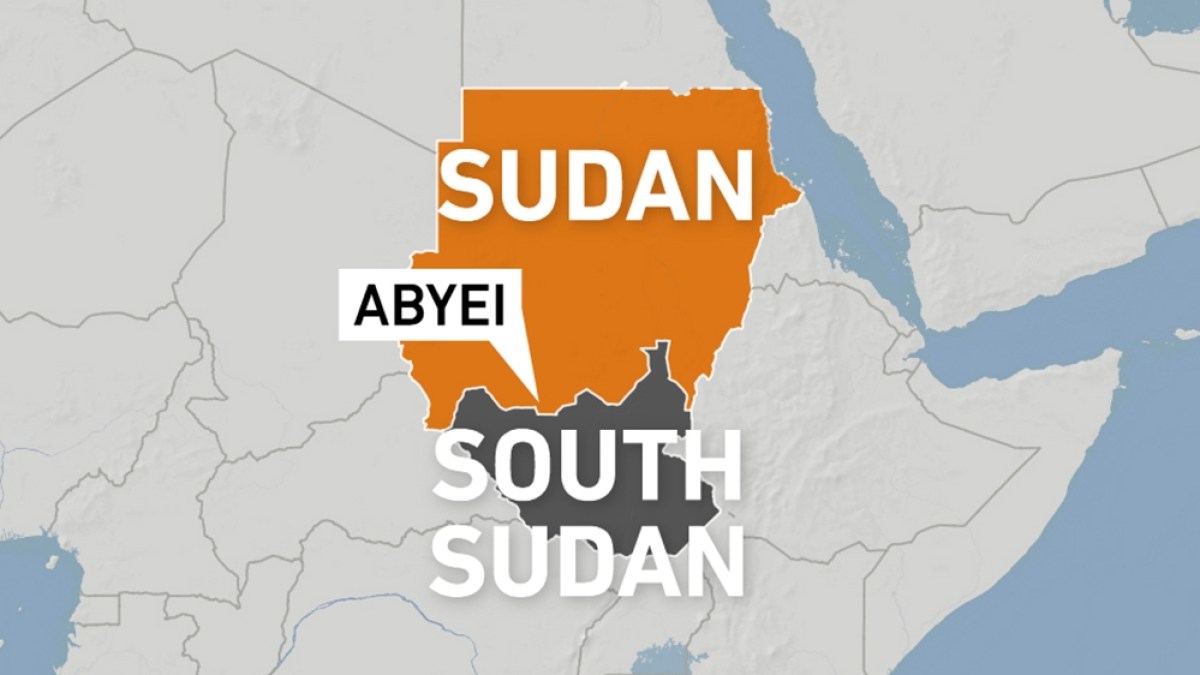The snowfall in the Hindu mountain range of Kush-Himalaya of Asia have reached a minimum of 23 years, threatening almost two billion people who depend on the thaw for water, scientists warned in a report on Monday.
The Kush-Himalaya Hindu range, which extends from Afghanistan to Myanmar, has the largest ice and snow reserves outside the Arctic and Antarctica and is a vital source of fresh water for approximately two billion people.
The researchers found “a significant decrease in seasonal snow in the Kush Himalaya Hindu region, with snow persistence (the time that snow remains on the ground) 23.6% below normal, the lowest in 23 years,” said the International Mountain Development Center (ICIMOD).
“This trend, now in its third consecutive year, threatens water safety for almost two billion people,” he said in his Snow Update report.
The study also warned of “the possible flows of the lower river, a greater dependence on groundwater and a higher risk of drought.”
Sher Muhammad, the main author of the ICIMOD report, told AFP that “this year the snowfall began at the end of January and remained low in the winter season on average.”
Several countries in the region have already issued drought warnings, with the next harvests and access to water at risk that populations already in front of longer, hot and more frequent thermal waves.
The ICIMOD Intergovernmental organization is composed of Afghanistan member countries, Bangladesh, Bután, China, India, Myanmar, Nepal and Pakistan.
He urged countries that depend on the 12 main river basins in the region to develop “better water management, preparation drought, better early warning systems and greater regional cooperation.”
The Mekong and Salween basins, the two longest rivers in Southeast Asia, which supply water to China and Myanmar, had lost about half their snow cover, he said.
PEMA GYAMTSHO, CEO of ICIMOD, requested changes in policy to address low long -term snow levels.
“Carbon emissions have already locked in an irreversible course of recurring snow abnormalities in the HKH (Hindu Kush-Himalayas),” Gyamtsho said.
Asia is the region most affected by climate -related disasters, according to the UN World Meteorological Organization, which reported last month that five of the last six years have seen the fastest registered glacier withdrawal.












